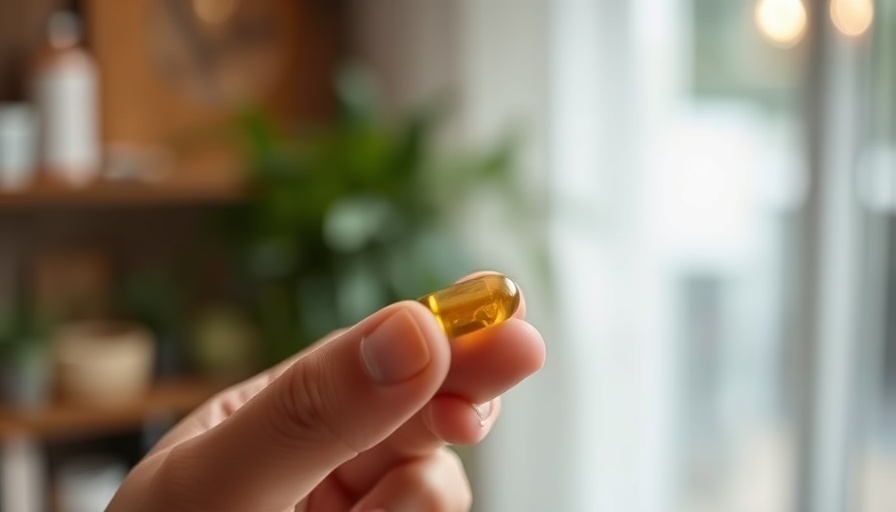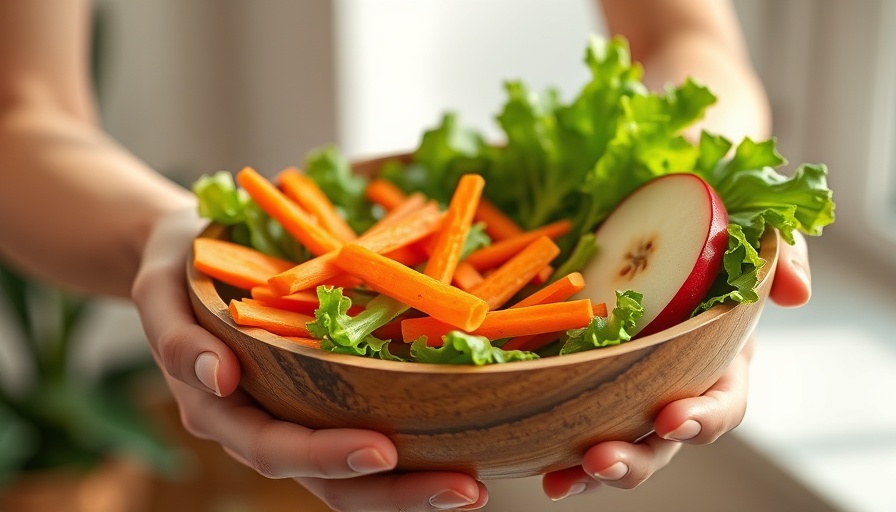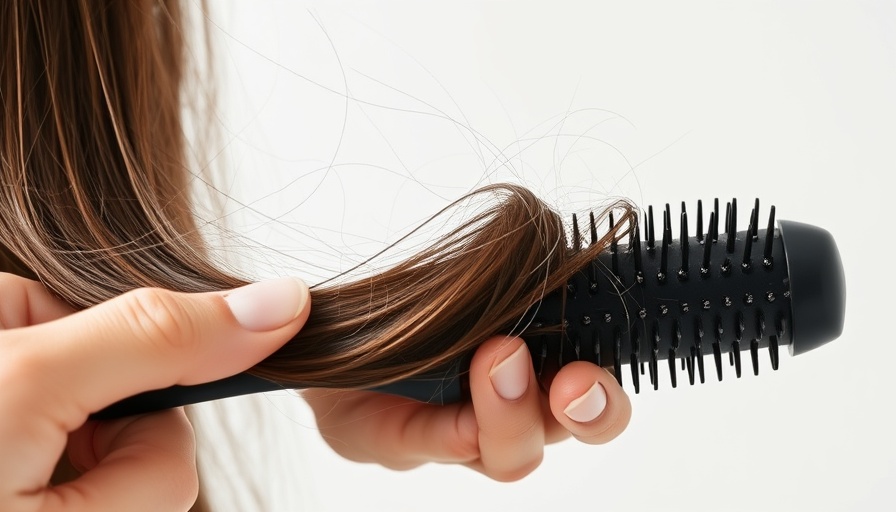
the hidden iodine gap in vegan diets
When we hear about the vegan lifestyle, the focus often turns to health benefits, ethical choices, and environmental factors. Yet, lurking beneath the surface is a significant issue that many plant-based eaters overlook: iodine deficiency. Iodine plays a crucial role in thyroid function, providing the necessary elements that fuel our body's metabolic engine. Without it, health can quickly spiral downward.
why iodine matters
Thyroid hormones, known as T3 and T4, directly depend on iodine—and low levels can lead to devastating consequences, such as hypothyroidism or even goiter. Yet, many vegans consume diets abundant in fruits, vegetables, legumes, and whole grains, often neglecting sources rich in iodine. Common offenders like iodized salt and dairy are typically avoided, leaving an alarming nutritional gap.
the case of a three-year-old
Consider the case of a three-year-old whose parents adhered strictly to a plant-based diet without fortifications or supplementation of any kind. The result? A grave iodine deficiency marred by the absence of any processed foods that usually fill nutritional gaps in modern diets. Such a scenario isn’t just hypothetical; it highlights the critical need for vigilance around this key mineral.
myths surrounding iodine sources
Many vegans mistakenly believe that eating a variety of wholesome foods will suffice. This reliance on a diet with no consideration for iodine-rich foods, such as sea vegetables, is dangerously misleading. A stark reality is that vast numbers of people switching to plant-based diets have cut out essential sources of iodine without adequate replacements.
reproductive health at risk
Pregnant women are particularly vulnerable. Women of reproductive age often fall short of iodine levels deemed sufficient. Iodine is crucial for the neurodevelopment of unborn children, yet many prenatal vitamins lack this essential nutrient, leading to potential developmental delays. Despite recommendations from health authorities, the average pregnant woman often remains iodine deficient. A mere 60% of prenatal vitamins on the market even contain iodine. This oversight can have lifelong impacts; it’s a silent crisis that needs urgent address.
the alarming research
Recent studies paint a clear picture: most vegans fail to meet recommended iodine intake. It’s startling how many remain unaware of the daily requirement of 150 micrograms. Even more distressing, an investigation into plant-based milk reveals that most brands are not fortified with iodine. Though many leave consumer shelves stocking vitamin D and calcium, iodine often remains conspicuously absent. Of the 47 plant-based milks tested, only three were fortified. A severe gap in nutrition that begs for innovation.
what can be done?
So, what do we do? A proactive approach is essential. Incorporating iodine-rich sources like seaweed or opting for iodine-fortified foods can dramatically improve intake levels. For women, especially during pregnancy or lactation, rigorous label-reading is a must. Supplements containing at least 150 mcg should become standard practice.
the future of nutrition
The food industry must respond. Consumer demand for plant-based products is on the rise, necessitating that manufacturers prioritize fortification with iodine. As awareness grows around the ramifications of iodine deficiency, it becomes increasingly clear that informed choices can lead to better health outcomes. Health policies should actively promote nutritional education focused on iodine, encouraging a proactive mindset among vegans.
final thoughts
Iodine isn’t just another nutrient; it’s a cornerstone of health that requires attention, especially within the vegan community. With a little foresight and commitment to balance, we can nip iodine deficiency in the bud.
 Add Row
Add Row  Add
Add 




Write A Comment